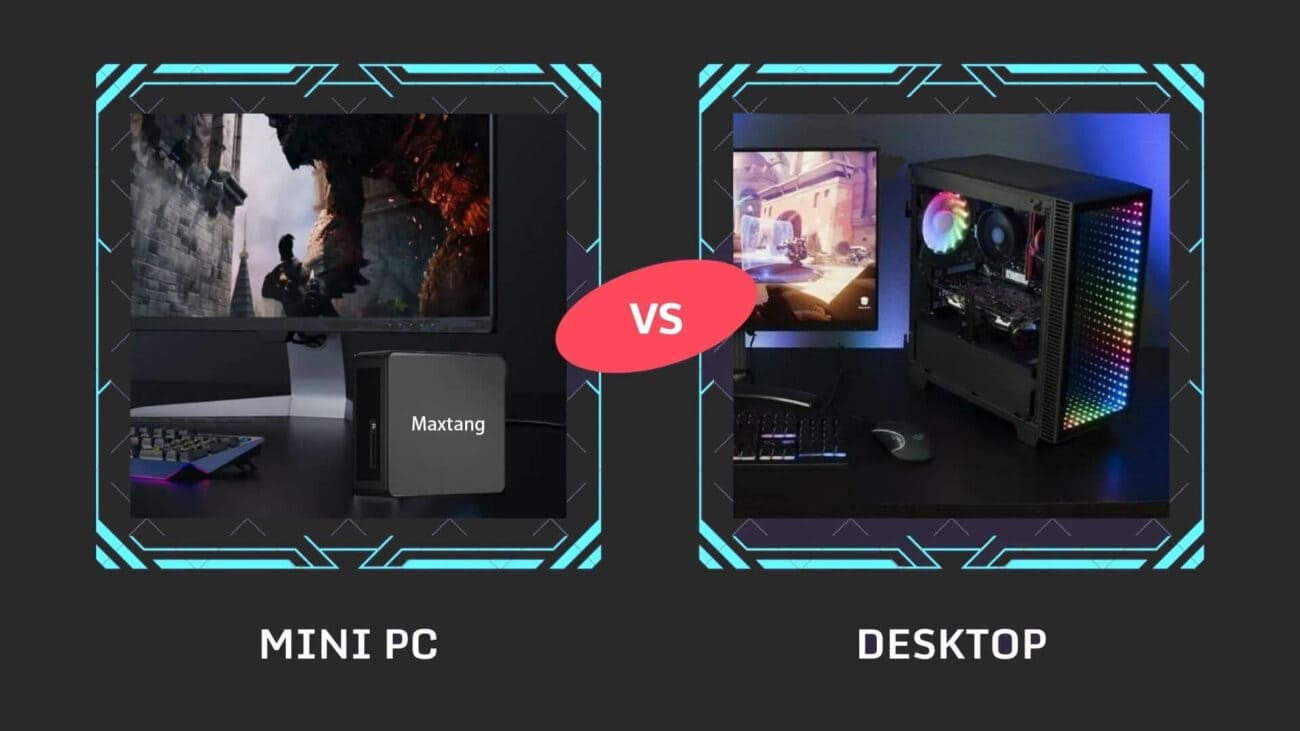Servers Vs Desktops Extreme Pcs

Servers Vs Desktops Extreme Pcs The processors found in a desktop computer are not as powerful as those found in servers, which support multiple processors, cores, and threads at one time. servers also support advanced random access memory (ram), more cache memories, and storage interconnect technology. Knowing how a server is different from a desktop can save businesses time and money. learn about their differences now.

Differences Between Servers And Desktops Baeldung On Computer Science Servers are dedicated to providing services to clients. on the contrary, desktop computers are devices that can play the role of clients to request services from servers. Servers vs. desktops guide. compare hardware, performance, and uses to choose the right device for your needs. Getting confused among server cpu and desktop cpu. while server cpu models have better power and features, these are often expensive. but which one should you buy? let’s check it out! what is a server cpu?. The key differences between servers and pcs lie in their intended use, hardware specifications, and reliability. servers manage resources and applications for multiple users simultaneously, while desktops are designed for personal productivity tasks.

Mini Pcs Vs Desktops A Comparative Analysis Maxtang Maxtang Pc Getting confused among server cpu and desktop cpu. while server cpu models have better power and features, these are often expensive. but which one should you buy? let’s check it out! what is a server cpu?. The key differences between servers and pcs lie in their intended use, hardware specifications, and reliability. servers manage resources and applications for multiple users simultaneously, while desktops are designed for personal productivity tasks. Some high performance desktop computers use similar hardware as servers. however, servers typically offer enhanced features like increased fault tolerance, redundancy, and hot swappable components that let you replace parts without shutting down the system – something your regular pc simply doesn’t provide. servers vs desktops — hardware. Desktop computers are designed for individual use and typically feature a single processor, a moderate amount of ram, and sufficient storage capacity for personal files and applications. on the other hand, servers are built to handle heavy workloads and multiple simultaneous requests. However, the configurations of these components vary significantly between servers and desktop pcs. in this article, we’ll explore why servers are designed differently, focusing on their power efficiency, reliability, and scalability. Server cpus typically have a higher core and thread count compared to desktop cpus. this is due to the need to handle multiple tasks simultaneously in server environments. server cpus can have up to 64 cores or more, whereas desktop cpus usually top out at 16 32 cores.
Comments are closed.